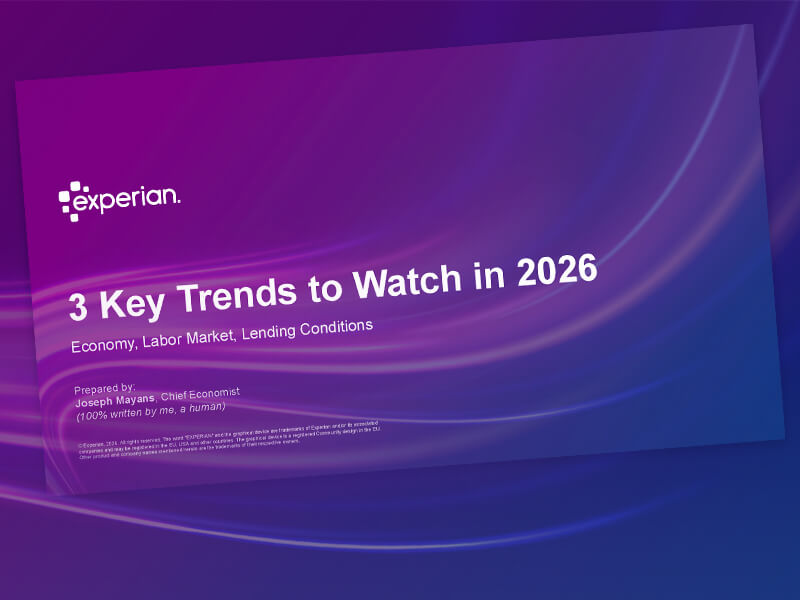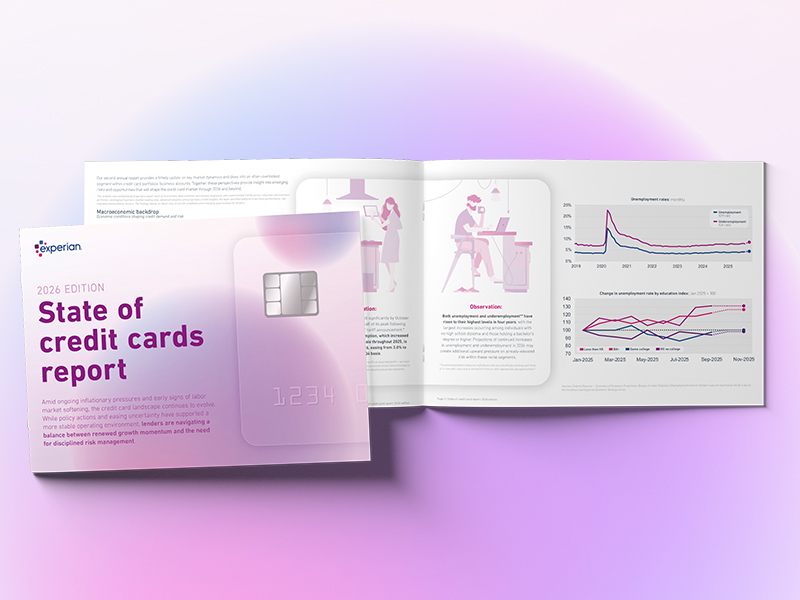Report
Published February 22, 2022
Commercial Commercial Insights Credit & Economic TrendsThe fourth quarter of 2021 enhanced the pressure felt by small businesses as the largest wave of COVID-19 hit the US. In addition to the effects of pandemic outbreak of labor and consumer engagement, an inflationary surge, largest increase since 1982, coupled with pandemic-related supply-and-demand imbalances, weighed heavily on US small businesses along with a notable impact to consumer sentiment.
Although workers were getting raises in the currently tight job market, rapid price increases are eroding consumers' earning power. Average wage earnings went up by 4.0% in Q4 '21 vs. the previous year, yet a 7.5% increase in inflation results in a net decline in real earnings. Workers' money is not going as far as it used to. Rising wages, however, put pressure on businesses' payrolls who may be forced to pass those costs to consumers.
Complete the form to access the report
This site is protected by reCAPTCHA and the Google Privacy Policy and Terms of Service apply.
Thank you for your interest
Your free Experian resource is now available. Enjoy!
 Report
Report
3 Key Trends to Watch in 2026
After outperforming expectations in 2025, the U.S. economy heads into 2026 with momentum - and meaningful risks. This Macro Moment explores the forces shaping the year ahead, from AI-driven growth and consumer resilience to evolving credit conditions and labor market uncertainty, helping leaders prepare for what’s next. Key takeaways include:
- The economic signals that mattered most in 2025 - and why they still matter
- How AI, consumers, and credit conditions are shaping 2026
- Where risks remain and what to watch in the labor market
 Report
Report
2026 State of Credit Cards
As the credit card landscape evolves, understanding how consumers and businesses are adapting has never been more important.
Our second annual State of Credit Cards Report provides a timely update on key market dynamics and dives into an often-overlooked segment within credit card portfolios: business accounts.
Key takeaways:
- 30+ DPD delinquency rates remained above pre-pandemic levels in 2025.
- Fintechs continue to gain share in the credit card market, posting a 71% YoY increase in account originations.
- Many businesses use consumer credit cards to support business-related activity, making this segment easy for lenders to overlook.
Regional Economic Health Tracker
The Regional Economic Health Tracker examines consumer health across the four U.S. census regions. It highlights how regional dynamics, from data center growth to housing costs and credit conditions, are shaping household finances today.
- Regional income, spending, and cost-of-living trends
- Housing market performance and price changes
- Consumer stress and 30+ DPD balances by product
 White Paper
White Paper
Unlocking credit potential: the financial behavior and creditworthiness of ITIN holders
ITIN holders are active, responsible participants in the U.S. credit economy — yet many remain overlooked by traditional lending models.
Our white paper takes a closer look at this financially active and resilient population, revealing key insights into their credit performance and long-term growth potential.
Some findings include:
- Most ITIN holders are concentrated in states that represent a large share of the U.S. economy: California, Texas and New York.
- 76.9% of ITIN holders remained current on trades after 12 months, a rate 15% higher than SSN consumers.
- ITIN holders maintain a lower debt-to-income ratio (25%) than SSN consumers.
Read the full white paper for more insights.